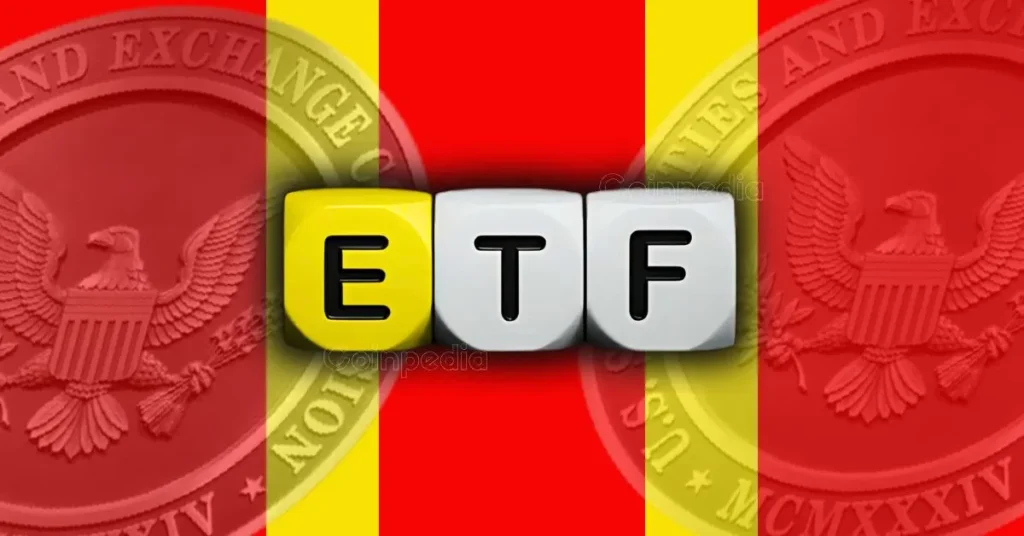Secure and Private: Reusable Payment Codes for Bitcoin Transactions

- Bitcoin transactions often sacrifice privacy for convenience by reusing addresses, but new methods aim to change that.
- BIP-47 payment codes and Silent Payments offer cryptographic solutions to enhance privacy without compromising usability.
Bitcoin users have long faced a delicate balancing act between maintaining privacy and ensuring usability in their transactions. Recent innovations, such as payment codes, have revolutionized the way users share Bitcoin addresses, enhancing both security and convenience.
Traditionally, sending Bitcoin requires an initial exchange of addresses between parties, similar to sharing a postal address for mailing a letter. Once a Bitcoin address is shared, it can be reused for multiple transactions. However, this practice compromises user privacy, as Bitcoin address balances and transactions are publicly accessible. Many wallets, including the BitBoxApp, generate new addresses for each transaction to mitigate this. While this enhances privacy, it introduces the inconvenience of frequently sharing new addresses with transaction partners.
Current Solutions and Their Limitations
Several methods are currently employed to manage the sharing of Bitcoin addresses, each with its own set of compromises between privacy and usability.
- Address Reuse: The simplest approach is to reuse the same address, sacrificing privacy for convenience. This method is not recommended due to the ease of tracing transactions.
- Manual Sharing: Users can manually share a new address for each transaction. While this preserves privacy, it is inefficient and impractical for frequent transactions.
- Extended Public Keys (xpub): Sharing an extended public key allows a sender to generate multiple addresses independently. However, this method only works well with a single transaction partner and poses a privacy risk if the xpub is shared with multiple entities.
- On-Demand Address Generation: Services like BTCPay enable the on-demand generation of new addresses, balancing privacy and user experience. This solution, however, requires significant setup and is typically used by businesses rather than individuals.
Despite these existing methods, a seamless and private solution remains elusive, leading to user negligence and privacy compromises in favor of ease of use. Cryptographic methods such as BIP-47 payment codes and Silent Payments (BIP-352) have been proposed to address these challenges more effectively. These methods leverage the Bitcoin network to enhance privacy without sacrificing usability.
BIP-47 Payment Codes
BIP-47 introduces payment codes, which are longer than regular Bitcoin addresses and identifiable by their “PM8T” prefix. These codes include a notification address, enabling the sender to create a notification transaction containing a small amount of information. This transaction facilitates a Diffie-Hellman key exchange, allowing the sender and recipient to derive new Bitcoin addresses without direct communication.
While BIP-47 improves privacy and reduces the need for repeated interactions, it requires an additional on-chain transaction. This can increase costs, particularly as transaction fees rise. Additionally, the metadata from notification transactions, such as the number of transaction peers, is publicly accessible, posing a potential privacy risk.
Silent Payments
Silent Payments aims to eliminate the need for a notification transaction. With Silent Payments, anyone accessing a silent payment address can derive new addresses and send transactions immediately. This approach preserves privacy and minimizes the number of necessary transactions.
However, Silent Payments introduced a new challenge: recipients must scan every Taproot transaction on the network to identify those directed to their silent payment address. This significantly increases the computational burden on the recipient or their wallet software, making the recovery process time-consuming.
BIP-47 and Silent Payments offer promising solutions to the Bitcoin address exchange problem, focusing on enhancing privacy without compromising usability. Ongoing developments aim to reduce the computational complexity of Silent Payments, making them a more viable option for everyday use.




